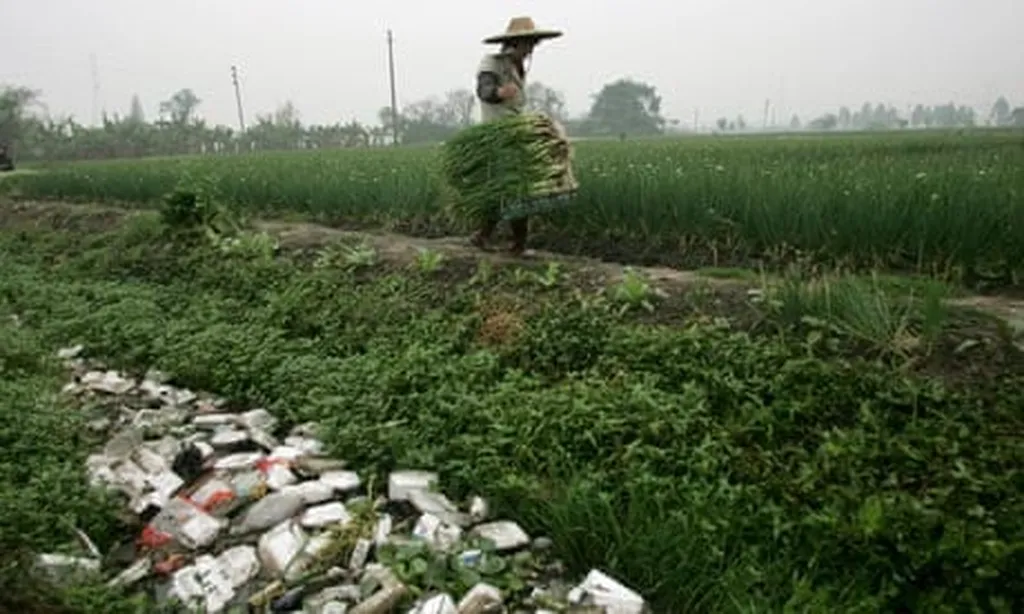In the heart of China’s agricultural landscape, a treasure trove of dietary fiber (DF) lies largely untapped, discarded as waste from the country’s vast agricultural by-products. Yet, this “seventh nutrient” is a powerhouse for human health, particularly in its soluble form (SDF). A recent study published in *Shipin Kexue* (which translates to *Food Science*) is shedding light on innovative modification technologies that could unlock the full potential of DF, with significant implications for the health food industry and agricultural sustainability.
Led by Dr. You Yanzhi from the School of Environment and Natural Resources at Zhejiang University of Science and Technology, the research team has delved into the world of DF modification technologies. Their comprehensive review, co-authored by experts from Henan University of Technology and Guangxi Minzu University, explores physical, chemical, biological, and combined strategies to enhance the proportion of SDF in DF.
The study highlights the principles behind each modification technology, providing a comparative analysis that underscores their unique advantages and limitations. “By understanding these technologies, we can better harness the health benefits of dietary fiber,” Dr. You explained. This insight is crucial for the energy sector, particularly in the realm of functional foods and dietary supplements, where the demand for high-quality, soluble dietary fiber is on the rise.
The implications of this research extend beyond the lab. As the world grapples with food waste and the need for sustainable agricultural practices, the efficient modification of DF could pave the way for high-value transformations of agricultural products. This not only extends industrial chains but also increases the added value of products, contributing to the sustainable development of agriculture.
The study also discusses future prospects, hinting at a promising horizon for the health food industry. “The advancement of modification technologies could lead to a new era of functional foods,” said Dr. You. This could translate into innovative products that cater to health-conscious consumers, driving growth in the energy sector.
As the research community continues to build on these findings, the potential for DF modification technologies to reshape the agricultural and health food landscapes becomes increasingly apparent. The study, published in *Shipin Kexue*, serves as a beacon, guiding the way towards a future where agricultural by-products are no longer wasted but transformed into valuable resources for human health and industrial growth.

